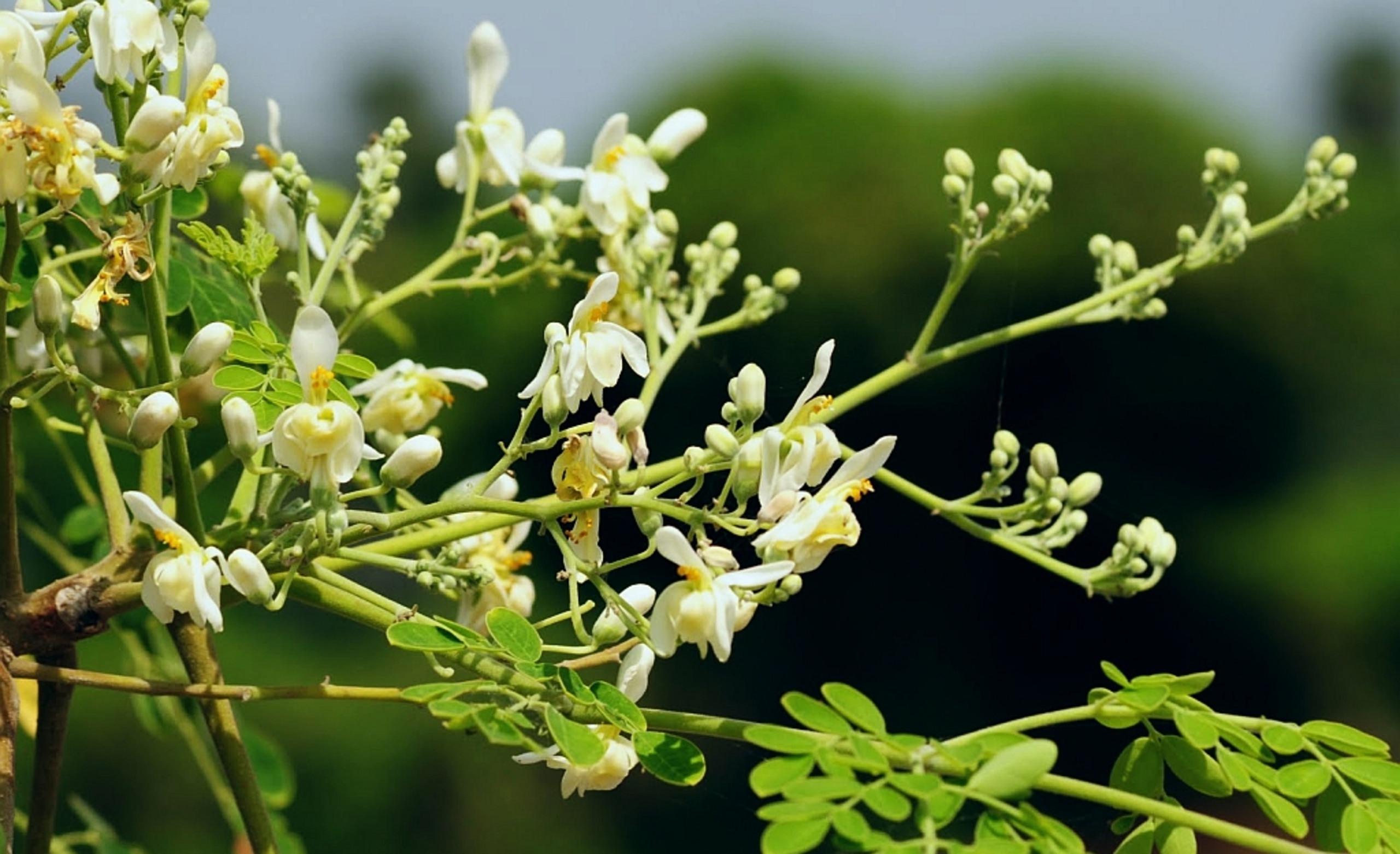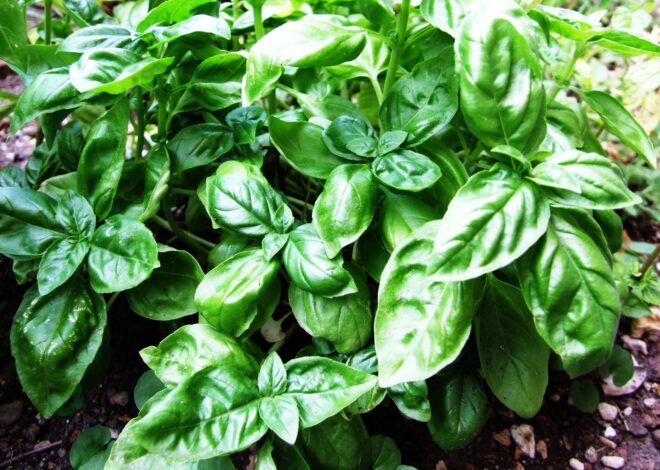
Medicinal Uses For Moringa
Welcome to our guide on medicinal uses for moringa. Moringa, often dubbed the “miracle tree,” is making waves in health circles for its impressive array of medicinal benefits. With roots tracing back to ancient civilizations, this leafy green powerhouse has been cherished for centuries.
Today, more people are discovering how it can enhance their well-being, not just as a supplement but as an integral part of daily nutrition. From fighting inflammation to supporting digestion and even managing diabetes, Moringa’s potential seems endless.
If you’re curious about what this incredible plant can do for you and how to incorporate it into your life, keep reading!
History and Origins of Moringa
Moringa, often referred to as the “drumstick tree,” has a rich history that dates back thousands of years. This remarkable plant is native to the Indian subcontinent but has spread across Africa and Asia due to its resilience and versatility.
Ancient civilizations recognized its potential early on. The Egyptians valued moringa for its oil, using it in cosmetics and skin care. In India, it became a staple in traditional medicine systems like Ayurveda.
Over the centuries, Moringa has been embraced by various cultures for its numerous health benefits. Indigenous tribes utilized every part of the tree—from leaves to seeds—for nourishment and healing remedies.
Today, this superfood continues to gain popularity worldwide as people rediscover ancient wisdom surrounding natural health solutions. Its storied past fuels interest in harnessing its power for modern wellness practices.
Nutritional Benefits of Moringa
Moringa is often dubbed a superfood, and for good reason. It’s packed with essential nutrients that can greatly benefit your health. Just one cup of fresh moringa leaves contains significant amounts of vitamins A, C, and E. These antioxidants help protect the body from oxidative stress.
Additionally, moringa is rich in minerals like calcium, potassium, and iron. This makes it excellent for bone health and maintaining proper blood pressure levels. Not to mention its protein content! Moringa provides all nine essential amino acids, supporting muscle growth and tissue repair.
It’s also high in fiber which aids digestion. Including moringa in your diet can promote gut health while keeping you feeling full longer. Incorporating this nutrient-dense plant into meals not only enhances flavor but significantly boosts overall nutritional intake.
Medicinal Uses of Moringa:
Moringa is renowned for its impressive array of medicinal properties.
– Anti-inflammatory properties
Moringa is celebrated for its remarkable anti-inflammatory properties. This green powerhouse contains compounds like quercetin, chlorogenic acid, and various flavonoids that combat inflammation in the body.
Chronic inflammation can lead to various health issues, including heart disease and arthritis. By incorporating moringa into your routine, you may help reduce this risk.
Studies suggest that the leaves of the moringa plant significantly lower inflammatory markers. Regular consumption might also alleviate symptoms associated with conditions like asthma or joint pain.
Adding moringa to your diet could be a simple yet effective way to support overall health while keeping inflammatory responses in check. Whether consumed as a powder or brewed as tea, it’s an easy addition to any meal plan focused on wellness.
– Treatment for digestive issues
Moringa has gained attention for its potential to treat various digestive issues. Its high fiber content can help promote regular bowel movements and prevent constipation. By adding it to your diet, you may experience improved gut health.
The leaves of the moringa plant contain compounds that are known to have detoxifying properties. These can aid in cleansing the digestive system, supporting a healthier microbiome.
Additionally, moringa may reduce bloating and discomfort due to its anti-inflammatory effects. This makes it beneficial for those suffering from conditions like irritable bowel syndrome (IBS).
Incorporating moringa into meals could also enhance nutrient absorption. Better digestion allows your body to utilize vitamins and minerals more efficiently, further supporting overall wellness.
– Boosting immune system
Moringa is a powerhouse when it comes to enhancing your immune system. Packed with vitamins A, C, and E, these nutrients play crucial roles in strengthening the body’s defenses against infections.
The antioxidants found in moringa help combat oxidative stress. This action reduces inflammation and supports overall health. With its rich content of flavonoids, moringa works as an additional layer of protection for your cells.
Furthermore, the presence of zinc contributes significantly to immune function. Zinc is essential for activating T-cells that fight off pathogens. Regular consumption can elevate your body’s ability to ward off illnesses.
Incorporating moringa into smoothies or teas makes it easy to enjoy its benefits daily. You’ll not only boost your immunity but also embrace a nutritious lifestyle along the way.
– Managing diabetes
Moringa has gained attention for its potential role in managing diabetes. The leaves contain compounds that may help regulate blood sugar levels. This is particularly beneficial for those struggling to maintain stable glucose.
Research suggests that Moringa can enhance insulin sensitivity, which allows the body to use glucose more effectively. Some studies indicate a reduction in fasting blood sugar levels after incorporating Moringa into one’s diet.
In addition, Moringa’s high fiber content plays a crucial role in slowing down digestion. This helps prevent spikes in blood sugar following meals, an essential factor for diabetic management.
Using Moringa as part of a balanced diet might also contribute to overall better health outcomes. Incorporating it into smoothies or salads could be an easy way to reap its benefits while enjoying delicious flavors.
– Improving skin health
Moringa is a powerhouse for skin health, packed with vitamins and antioxidants. Its rich content of vitamin C helps to brighten the complexion and reduce the appearance of dark spots.
The natural oils found in moringa seed extract are known to hydrate and nourish dry skin. This makes it an excellent choice for those looking to achieve that healthy glow.
Moreover, its anti-inflammatory properties can soothe irritated skin conditions like acne or eczema. Regular use may help calm redness and promote overall skin clarity.
In addition to topical benefits, consuming moringa can enhance your body’s ability to fight oxidative stress from within. This internal support further contributes to a youthful appearance by combating signs of aging.
For beauty enthusiasts seeking natural remedies, incorporating moringa into your skincare routine could be a game changer.
How to Incorporate Moringa into Your Diet
Incorporating moringa into your diet can be simple and enjoyable. You might start by adding moringa powder to smoothies. This boosts nutrition without altering the flavor significantly. Another great option is mixing the powder into soups or stews.
It blends seamlessly while enhancing the dish’s health benefits. If you prefer whole leaves, try making a refreshing herbal tea. Just steep fresh or dried leaves in hot water for a few minutes, and enjoy its earthy taste.
You can also sprinkle moringa seeds onto salads or grain bowls for added crunch and nutrients. For those who love baking, consider using moringa powder in your favorite recipes—muffins, pancakes, or energy bars are all excellent choices!
Modern Applications of Moringa in Alternative Medicine
Moringa is gaining traction in the world of alternative medicine. Its leaves, seeds, and pods are becoming popular as holistic remedies. Practitioners often recommend moringa for its rich nutrient profile. It’s packed with vitamins, minerals, and antioxidants that support overall health.
Many herbalists incorporate moringa into detox regimens. Its natural detoxifying properties help eliminate toxins from the body. In addition, some practitioners use moringa to enhance mental clarity and focus. The plant’s adaptogenic qualities may aid in stress management.
Moreover, modern formulations include essential oils derived from moringa seeds. These oils are used in aromatherapy for their calming effects on the mind and body. As research continues to explore its potential benefits, interest in moringa within alternative medicine remains vibrant and growing.
Precautions and Side Effects of Using Moringa
While moringa offers numerous health benefits, it’s essential to approach its use with caution. Some individuals may experience mild side effects such as gastrointestinal discomfort, including diarrhea or nausea.
Pregnant women should avoid using moringa seeds and extracts due to potential risks that could affect fetal development. It’s important for breastfeeding mothers to consult their healthcare provider before incorporating moringa into their diet.
Additionally, those on medications for diabetes or blood pressure need to be mindful of possible interactions. Moringa can enhance the effects of these drugs, leading to an imbalance in blood sugar levels or blood pressure.
Always start with small doses if you’re new to moringa and monitor your body’s response. Consulting a healthcare professional is advisable before adding this herb into your wellness routine, especially if you have pre-existing conditions or concerns about drug interactions.
Conclusion and Final Thoughts
Moringa has emerged as a powerful ally in the realm of natural medicine. Its impressive nutritional profile and array of medicinal uses make it an appealing addition to any health-conscious diet. From anti-inflammatory benefits to immune system support, this remarkable plant offers solutions for various health concerns.
Incorporating moringa into your daily routine can be simple and enjoyable. Whether you choose powders, capsules, or fresh leaves, there are countless ways to experience its benefits. However, it’s vital to approach with caution; understanding potential side effects ensures a safe journey into moringa’s world.
As modern alternative medicine continues to embrace traditional remedies like moringa, the future looks promising for those seeking holistic healing options. By exploring this nutrient-dense superfood, you open doors to wellness that align with both ancient wisdom and contemporary research.
Embracing the power of plants can lead us toward healthier lifestyles. The medicinal uses for moringa highlight just how nature provides effective tools for maintaining our well-being. With mindfulness in sourcing and consumption, integrating moringa could enhance not only individual health but also foster a broader appreciation for herbal remedies worldwide.



